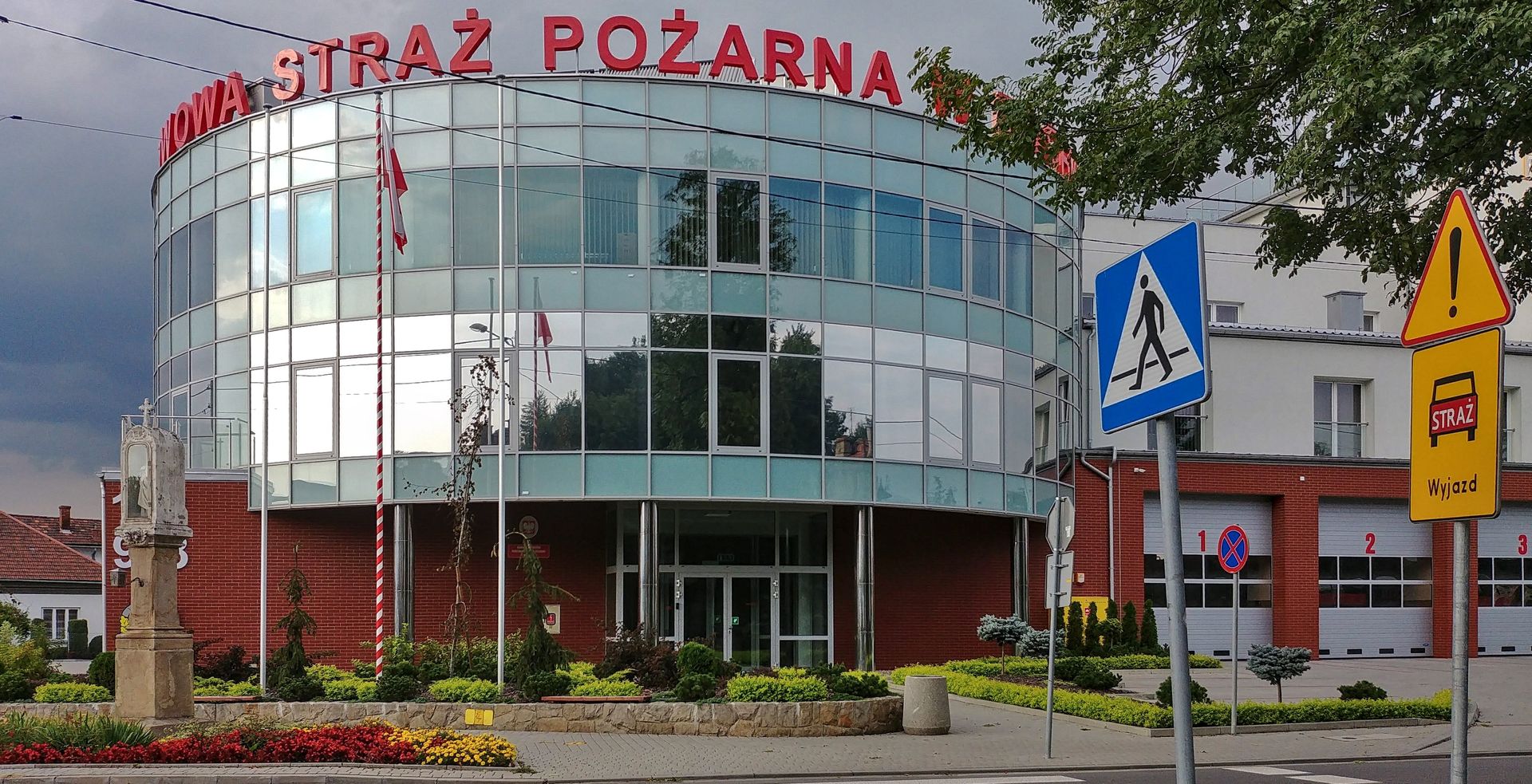Bochnia
8.22

Overview
Bochnia is a city in southern Poland, located in the Lesser Poland Voivodeship, with a rich history dating back to the Middle Ages. Known as one of the oldest towns in Lesser Poland, its first recorded mention dates back to 1198. The discovery of rock salt in 1248 led to the town being granted municipal rights in 1253. Bochnia gained fame thanks to its salt mine, which operated for centuries, and its historico-geographical significance was recognized through its inclusion on the UNESCO World Heritage List.
Among Bochnia’s historic landmarks is the Collegiate Basilica of St. Nicholas, a Gothic church from the 15th century, as well as the former Dominican monastery, which now serves as a museum. The town center features a market square with a unique urban layout dating back to the 13th century.
Culturally, Bochnia is dynamically developing, offering numerous events such as the Days of Bochnia, concerts, and festivals. The town is also known for its sports activities, home to the Bocheński Sports Club with sections for football and handball. Educational institutions in Bochnia include high schools and kindergartens, as well as the Stanisław Fischer Museum, which promotes local history and traditions.
Despite periods of prosperity and crisis throughout its history, Bochnia remains a place of unique character, where architecture, culture, and history harmoniously coexist, and where residents actively preserve local identity and traditions.
Location
2026 Wizytor | All Rights Reserved